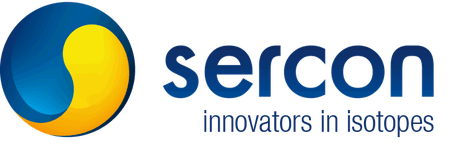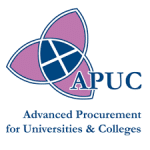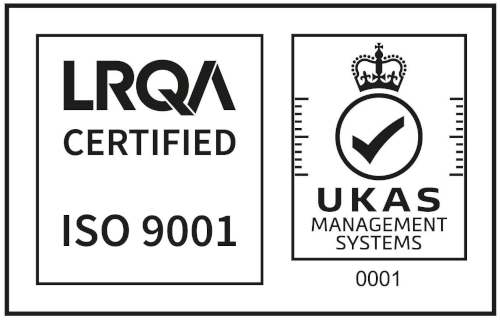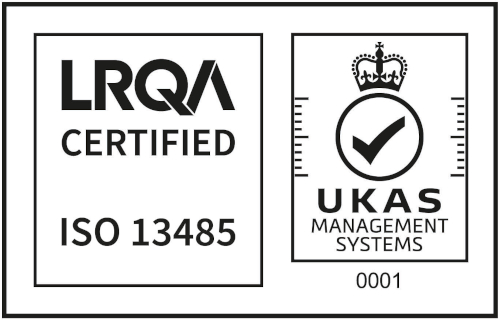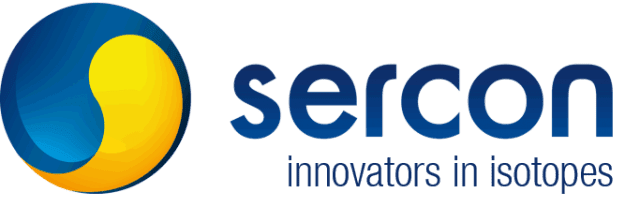Five Ways Backward Compatibility Helps the Environment
We talked about backward compatibility earlier in the week, together with its research and cost benefits.
But there’s more – here’s at least five good reasons why backward compatibility in both software and firmware, enjoyed by Sercon customers, is good for the environment!:
- Extended Lifespan: By upgrading components, you can extend the overall lifespan of the mass spectrometer, reducing the frequency at which the entire instrument needs to be replaced. Ultimately this leads to less electronic waste, a significant environmental concern. Proper disposal and recycling of electronic waste are crucial for preventing the release of hazardous materials into the environment.
- Resource Conservation: Manufacturing new instruments requires the extraction of raw materials, energy consumption, and carbon costs through transportation. Upgrading existing instruments can help conserve these resources by making use of the existing framework and components, lowering the overall carbon footprint associated with the acquisition of new instruments.
- Energy Efficiency: Newer components are often designed to be more energy-efficient than older ones. So by upgrading parts, you can improve the overall energy efficiency of the mass spectrometer, leading to reduced energy consumption during its operation.
- Cost-Effective Sustainability: Upgrading can be a cost-effective way to incorporate new technologies and features into an existing instrument, allowing the mass spectrometer to be adapted to new analytical techniques and methodologies. This promotes sustainability without the need for a complete overhaul of replacement.
- Adaptability to New Techniques: Upgrading allows the mass spectrometer to be adapted to new analytical techniques and methodologies, enhancing the instrument’s capabilities without the need for a complete overhaul or replacement.
Sercon’s team of systems engineers are always happy to discuss an instrument that might benefit from an upgrade or where a client may be looking for new features. The relationships we build with customers, from our perspective, span careers rather than short term sales, so we will always advise on the most appropriate solution for the client’s needs, minimising impact on the environment wherever possible, even if that means not selling a brand new instrument where an upgrade will meet requirements.
